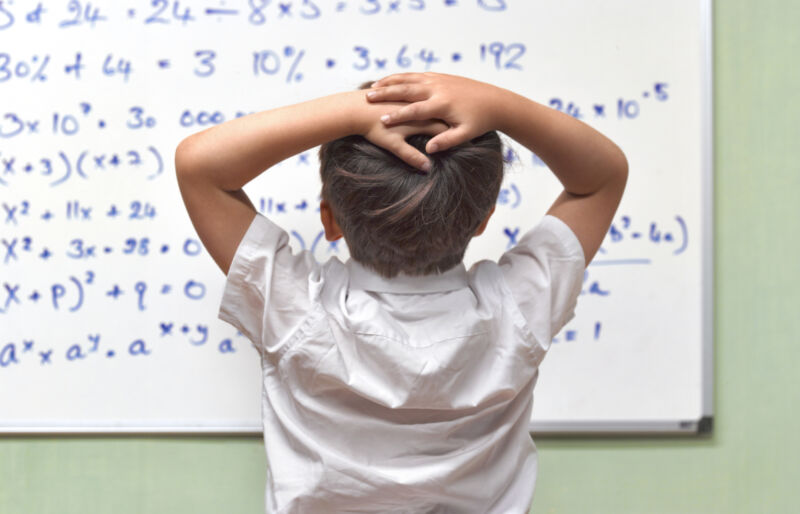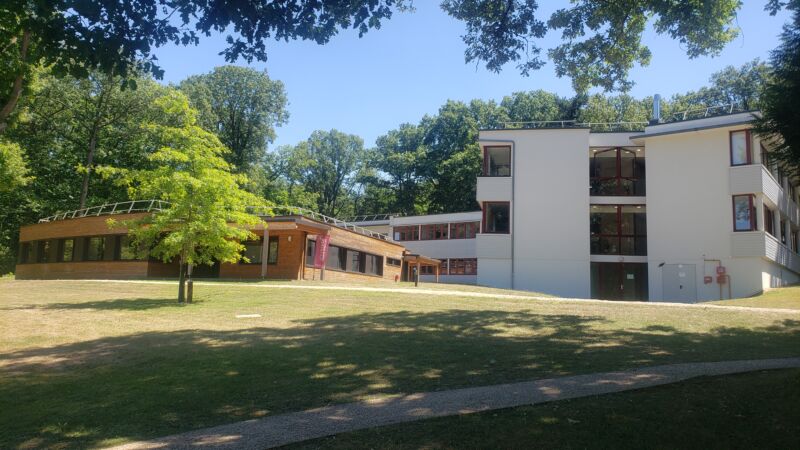-
Sl
chevron_right
Contact publication
pubsub.blastersklan.com / slashdot · Friday, 19 April - 21:28 edit · 2 minutes
An anonymous reader quotes a report from The Atlantic: In October 2003, Mark Zuckerberg created his first viral site: not Facebook, but FaceMash. Then a college freshman, he hacked into Harvard's online dorm directories, gathered a massive collection of students' headshots, and used them to create a website on which Harvard students could rate classmates by their attractiveness, literally and figuratively head-to-head. The site, a mean-spirited prank recounted in the opening scene of The Social Network, got so much traction so quickly that Harvard shut down his internet access within hours. The math that powered FaceMash -- and, by extension, set Zuckerberg on the path to building the world's dominant social-media empire -- was reportedly, of all things, a formula for ranking chess players: the Elo system. Fundamentally, what an Elo rating does is predict the outcome of chess matches by assigning every player a number that fluctuates based purely on performance. If you beat a slightly higher-ranked player, your rating goes up a little, but if you beat a much higher-ranked player, your rating goes up a lot (and theirs, conversely, goes down a lot). The higher the rating, the more matches you should win. That is what Elo was designed for, at least. FaceMash and Zuckerberg aside, people have deployed Elo ratings for many sports -- soccer, football, basketball -- and for domains as varied as dating, finance, and primatology. If something can be turned into a competition, it has probably been Elo-ed. Somehow, a simple chess algorithm has become an all-purpose tool for rating everything. In other words, when it comes to the preferred way to rate things, Elo ratings have the highest Elo rating. [...] Elo ratings don't inherently have anything to do with chess. They're based on a simple mathematical formula that works just as well for any one-on-one, zero-sum competition -- which is to say, pretty much all sports. In 1997, a statistician named Bob Runyan adapted the formula to rank national soccer teams -- a project so successful that FIFA eventually adopted an Elo system for its official rankings. Not long after, the statistician Jeff Sagarin applied Elo to rank NFL teams outside their official league standings. Things really took off when the new ESPN-owned version of Nate Silver's 538 launched in 2014 and began making Elo ratings for many different sports. Some sports proved trickier than others. NBA basketball in particular exposed some of the system's shortcomings, Neil Paine, a stats-focused sportswriter who used to work at 538, told me. It consistently underrated heavyweight teams, for example, in large part because it struggled to account for the meaninglessness of much of the regular season and the fact that either team might not be trying all that hard to win a given game. The system assumed uniform motivation across every team and every game. Pretty much anything, it turns out, can be framed as a one-on-one, zero-sum game. Arpad Emmerich Elo, creator of the Elo rating system, understood the limitations of his invention. "It is a measuring tool, not a device of reward or punishment," he once remarked. "It is a means to compare performances, assess relative strength, not a carrot waved before a rabbit, or a piece of candy given to a child for good behavior."
Read more of this story at Slashdot.
A Chess Formula Is Taking Over the World


